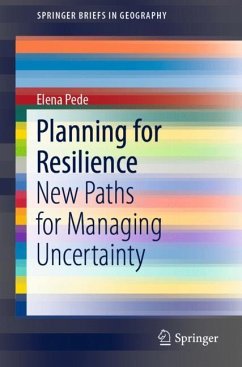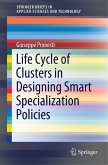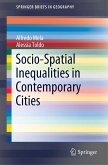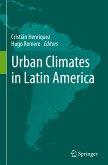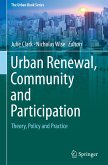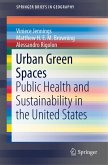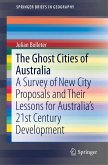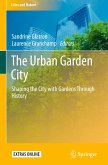Given the increasing uncertainty due to catastrophic climate events, terrorist attacks, and economic crises, this book addresses planning for resilience by focusing on sharing knowledge among policy-makers, urban planners, emergency teams and citizens. Chapters look at the nature of contemporary risks, the widespread of resilience thinking and the gap between the theoretical conception and the practices. The book explores how resilience implies a change in planning practices, highlighting the need for flexibility in terms of procedures, and for dynamism in the knowledge systems and learning processes that are the main tools for interaction among different actors and scales. Given its breadth of coverage, the book offers a valuable resource for both academic readers (spatial planners, geographers, social scientists) and practitioners (policymakers, citizens' associations).
Bitte wählen Sie Ihr Anliegen aus.
Rechnungen
Retourenschein anfordern
Bestellstatus
Storno

